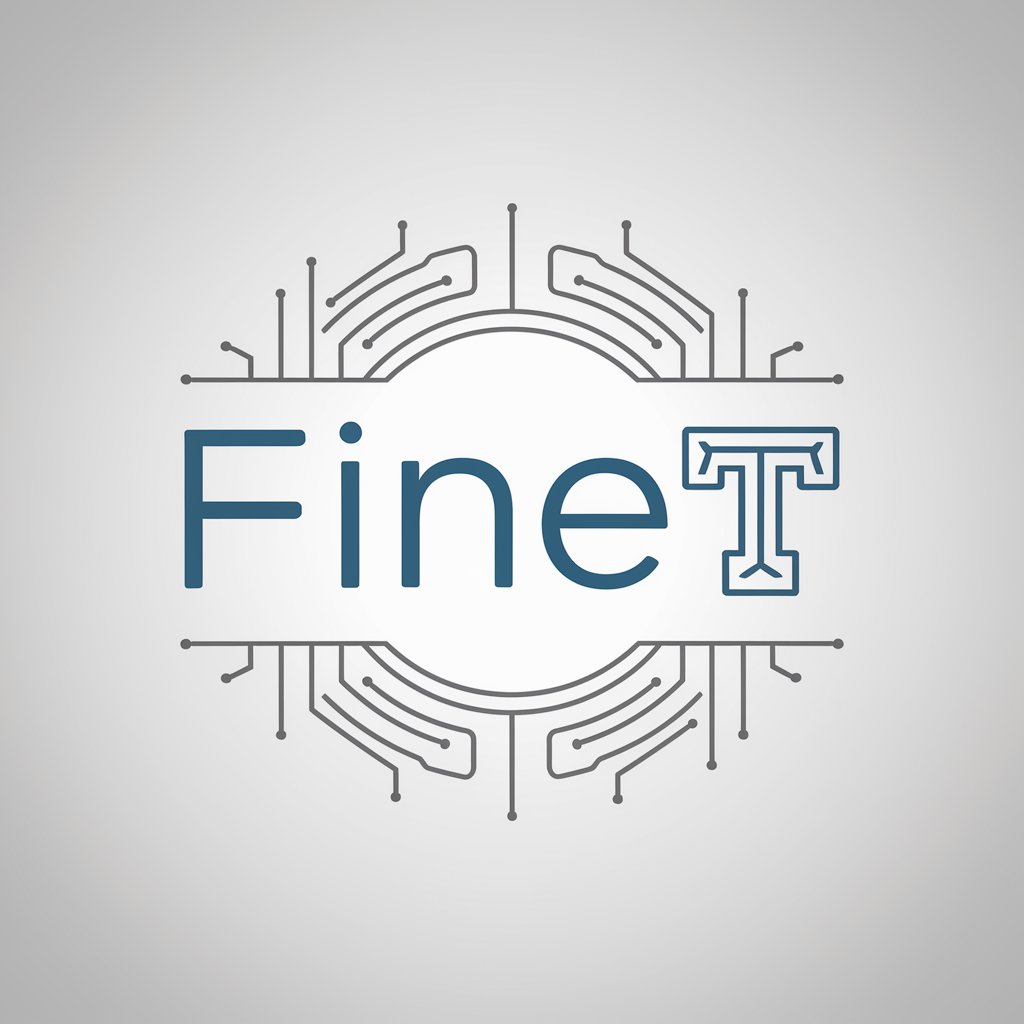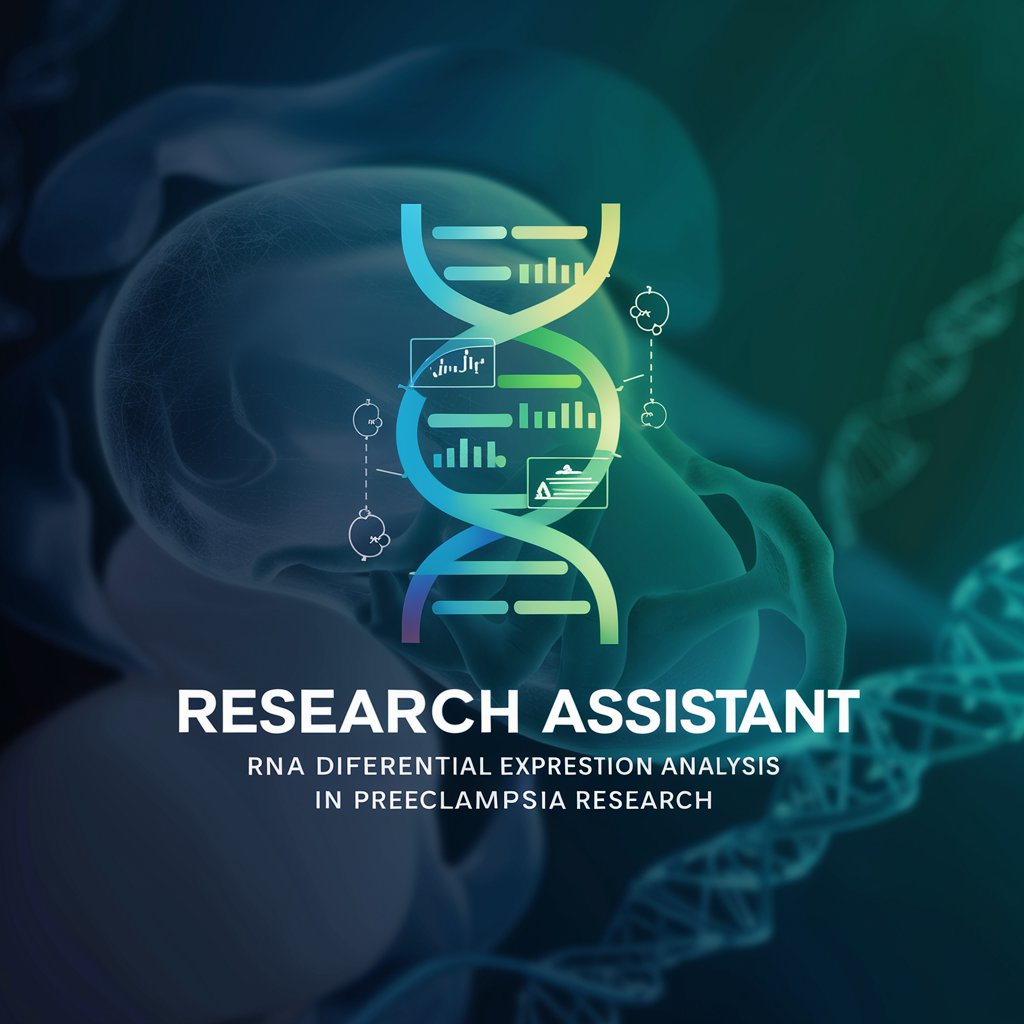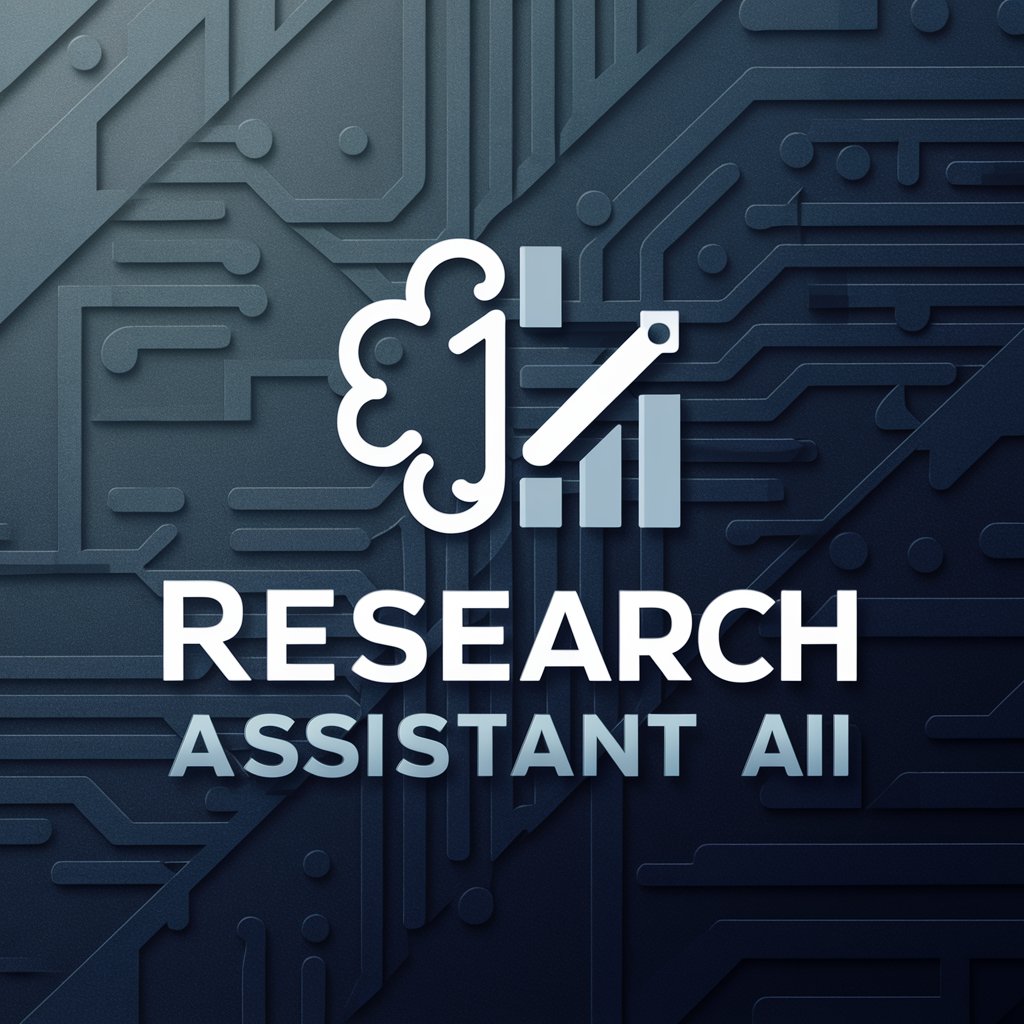Fine Tuner - Custom AI Fine-Tuning

Hey there! Ready to fine-tune your project with me?
Customize AI with ease!
Generate a detailed data analysis report for...
Create a customized training dataset for...
Draft an engaging blog post about...
Develop a project plan that includes...
Get Embed Code
Overview of Fine Tuner
Fine Tuner is designed to assist in generating and refining fine-tuning data for JSONL files, which are essential for training specialized machine learning models. This tool is structured to cater to a wide range of industries by customizing its approach based on specific user inputs. Through a detailed query process, Fine Tuner ensures the synthetic data it helps create or modify is highly relevant and specific to the user's needs. For example, if a user is working on a customer service AI, Fine Tuner can help generate dialogue scenarios that reflect real customer interactions, incorporating industry-specific terminology and common customer issues. Powered by ChatGPT-4o。

Key Functions of Fine Tuner
Data Customization
Example
Creating tailored training examples for a legal document AI to recognize and process various legal terms and document formats.
Scenario
A legal tech company wants to improve their document automation tools. Fine Tuner can assist by generating specific training examples that mirror the structure and language of legal documents frequently processed by the company.
Industry-Specific Modifications
Example
Adjusting customer interaction data to train a retail sector chatbot.
Scenario
A retail company is looking to implement a chatbot that can handle customer queries about product availability, returns, and recommendations. Fine Tuner can help by refining existing chat logs into a training dataset that includes typical customer questions and appropriate responses that reflect the company's policies and product range.
Error Correction and Optimization
Example
Identifying and correcting biases in data sets used for HR recruitment tools.
Scenario
An HR technology firm finds their AI-powered recruitment tool is biased towards certain applicant demographics. Fine Tuner helps by analyzing the training data, identifying patterns of bias, and suggesting modifications to create a more balanced and fair recruitment process.
Who Benefits Most from Fine Tuner?
AI Developers and Data Scientists
This group benefits from Fine Tuner's ability to create highly specific training datasets that can enhance the performance of machine learning models, especially in scenarios where generic data fails to meet the nuanced needs of specialized applications.
Startups and SMEs in Niche Markets
Startups and small to medium enterprises (SMEs) entering niche markets often require specialized AI solutions tailored to unique business needs or customer demographics. Fine Tuner's services are crucial in helping these companies build effective, custom AI tools without requiring large datasets that may not be readily available.
Educational Institutions and Researchers
Academic researchers and educational institutions can use Fine Tuner to develop custom datasets for experimental projects or to teach students about the intricacies of AI and machine learning, providing practical, hands-on experience with real-world data customization.

Guidelines for Using Fine Tuner
Start with a trial
Visit yeschat.ai to start a free trial of Fine Tuner without the need for logging in or a ChatGPT Plus subscription.
Define your data set
Prepare your JSONL files, which should contain the conversational data or text samples you intend to fine-tune on.
Customize settings
Choose specific parameters for fine-tuning, such as the number of training steps or the learning rate, tailored to the complexity and size of your data.
Upload and train
Upload your prepared JSONL files to the Fine Tuner interface and start the training process to create a model adapted to your specific needs.
Evaluate and iterate
After training, evaluate the model's performance and iterate by adjusting parameters or data as necessary to optimize outcomes.
Try other advanced and practical GPTs
Solarpunk AI Revolution
Envisioning green futures with AI

Alegola - Advanced Answer Engine
Empowering Decisions with AI Insight

Color Match Stylist
Empower Your Style with AI-Driven Color Insights

Think like a Scientist
Empowering Insight with AI-Powered Analysis

Crazy Plaza
Unleash Creativity with AI

TITLE WRITER!
Craft Click-Worthy Titles, Effortlessly

Fine T
Empower your AI with targeted learning

Fine is not fine
AI-powered Fine Contestation

Fine Art Auction Appraiser
Empowering Art Valuation with AI

Fine-Tune Wizard
Tailor AI to Your Unique Needs

Research Assistant
Empowering Research with AI Insights

Research Assistant
AI-powered research at your fingertips.

Common Questions About Fine Tuner
What is Fine Tuner?
Fine Tuner is a specialized tool designed to customize GPT models for specific tasks by fine-tuning them on user-provided data in a JSONL format.
What file format does Fine Tuner require?
Fine Tuner requires data in JSONL format, where each line is a separate JSON object that includes the text data intended for model training.
How can Fine Tuner improve model performance?
By training on domain-specific data, Fine Tuner enhances the model's accuracy and effectiveness in generating responses relevant to particular industries or topics.
Can I use Fine Tuner for non-English data?
Yes, Fine Tuner supports various languages as long as the input data is appropriately formatted and the base model supports that language.
Is Fine Tuner suitable for small-scale projects?
Absolutely, Fine Tuner is versatile and can be effectively used for projects of any scale, whether small or large, depending on the user's requirements and data availability.
